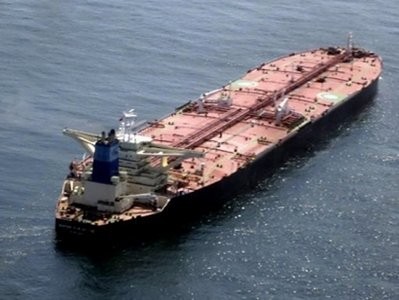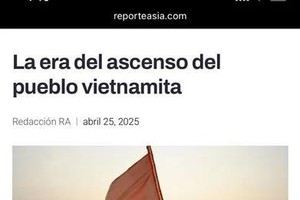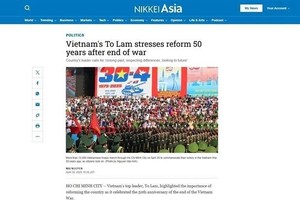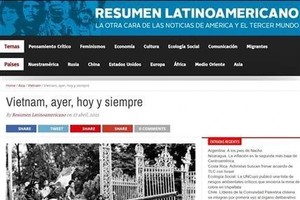Somali pirates on Monday freed the Greek supertanker Maran Centaurus, its owners said, after a plane dropped a ransom of seven million dollars in cash on deck.
Pirates said two of their gang were killed in a clash over the share-out of the spoils, delaying the release of the tanker and its crew of 28 hijacked in the Indian Ocean on November 29.
Residents of the pirate lair of Harardhere, on the Somalia coast, said there were bodies in the streets after fierce infighting.
"Maran Tankers Management Inc... report that the vessel was released by those holding her at 0830 local time today (0530 GMT)," the operators and managers of the Greek juggernaut said in a statement.

The European Union's anti-piracy naval mission said the FS Salamis warship had sent a helicopter to provide medical assistance and added that the 332-metre (1,000-foot) vessel was headed for Durban in South Africa.
Ecoterra International, an environmental group that monitors illegal maritime activity in the region, said the last pirates left the 15-year-old supertanker early Monday.
The tanker's owners did not comment on a ransom payment but Ecoterra said at least seven million dollars are believed to have been dropped from a small plane onto the deck of the oil-laden giant and another two million dollars paid in cash transfer.
It said the pirates reportedly bragged about generously giving 500 dollars to each crew member -- 16 Filipinos, nine Greeks, two Ukrainians and a Romanian -- "for good cooperation".
It said the ransom stash "is reportedly now held in a heavily guarded house in Harardhere".
Residents of the coastal village said there were exchanges of machine-gun fire after two clans had started fighting over the cash.
"The pirates are exchanging heavy machine gun fire inside the town and there are dead bodies in the streets," said Husein Warsame.
The total of around nine million dollars exceeds the eight million believed to have been paid for the release a year ago of the Sirius Star, a Saudi-owned supertanker of roughly the same size.
The hijacking of the Sirius Star in 2008 sent shockwaves through the shipping world as it demonstrated the ease with which pirates were able to operate in one of the world's busiest maritime trade routes.
Foreign naval missions have largely secured the Gulf of Aden but are powerless to effectively patrol the wider Indian Ocean and shipowners are increasingly turning to private security to fend off the pirates.
The Maran Centaurus, which had no private guards to secure its two million barrels of crude oil, was headed from Saudi Arabia to the United States.
The 300,000-tonne (deadweight) supertanker was easy prey for pirates equipped with fast skiffs and grapnels as it moves slowly, could not outmanoeuvre its attackers and, fully laden, has a low freeboard.
Supertankers such as these, with less than 30 crew on a ship a third of a kilometre long, cruise on auto-pilot most of the time and would rarely have anybody keeping watch on deck at night.
Since foreign navies deployed to protect the crucial maritime choking point of the Gulf of Aden, Somalia pirates have ventured deeper into the Indian Ocean, seizing ships as far east as the Seychelles and beyond.
Always paid in cash to avoid modern transaction monitoring, large ransoms have often been parachuted from small planes directly onto the deck of the hijacked ship.
The ransom risk of Somalian pirates
The pirates still hold at least 11 ships and around 270 seamen hostage.
Unofficial figures show that 2009 was the most prolific year yet for Somali pirates, with more than 200 attacks -- including 68 successful hijackings -- and a total of ransoms believed to comfortably exceed the 50 million dollars raked in during the previous year.
The US navy's Bahrain-based Fifth Fleet said on Monday that a Jamaican-flagged ship managed to deter a piracy attack off the coast of Yemen on Sunday.
























